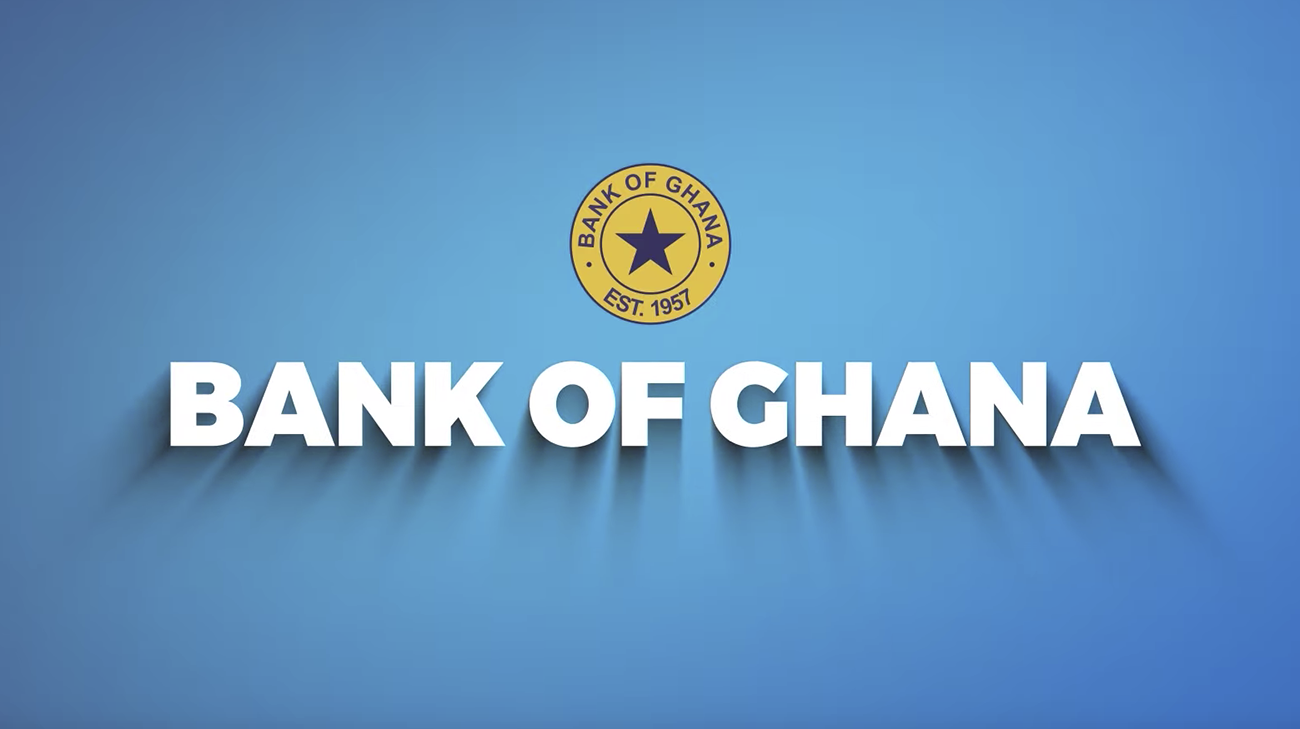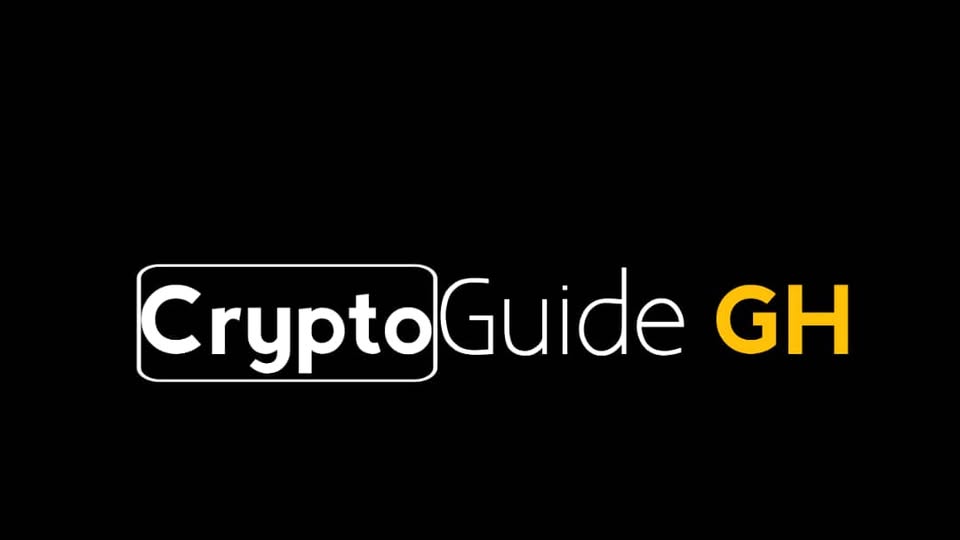Bank of Ghana, normally abbreviated to BoG announced on Wednesday, April 23, 2025 that it plans to regulate the cryptocurrency industry by September 2025.
This news undoubtedly marks a significant shift in Ghana’s financial landscape. This move which aligns with the passage of the Virtual Asset Providers Act will provide supervision to the regulated sector.
This will help address the risks associated with dealing with digital currencies while fostering innovation.
BoG’s decision positions Ghana as a Sub-Saharan digital finance hub, while many African countries lag in crypto leadership.
Although many people see cryptocurrencies as a substitute to fiat currencies, they deliver substantial economic benefits.
Financial technology (FinTech) innovation, investor confidence, and financial inclusion are among some of the economic benefits that comes with regulation.
In this article, Crypto Guide GH will explore how cryptocurrency regulation will impact Ghana’s economy. It will also examine how the new asset class will gain stability within the country.
Moreover, it will shed light on its potential growth, and how they help the country compete fairly within the international market.

BoG regulation enhances financial inclusion
Numerous statistical data points toward the fact that Ghana is trumps many African countries when it comes to financial literacy.
Statista data shows that Ghana has a robust money ecosystem with more than 65 million mobile money accounts. Despite this, a percentage of the population remains underbanked and unbanked. This comes down to not being able to access the services provided by the traditional banking systems.
Centralized entities actively require millions of residents to provide more information to achieve financial inclusion.
Fortunately, cryptocurrencies were built on the notion of decentralisation. This makes it possible for anyone no matter where you are to send and receive money over the internet. Virtual asset’s decentralised and accessible nature will ensure it bridges the banked and unbanked gap.
While bitcoin (BTC), ethereum (ETH), and stablecoins like Tether (USDT) and Circle (USDC) cannot be directly supervised, VASPs (virtual asset service providers) can be subject to regulation. By regulating these entities, the Bank of Ghana ensures the new asset class is safely integrated in Ghana’s financial ecosystem.
Ghanaians can access legally regulation crypto trading platforms
Ghanaians have been accessing cryptocurrencies on platform that are not regulated by the country’s central government, as of this publication.
The upcoming regulation will help Ghanaians buy, sell, and hold digital assets on licensed exchanges. This will reduce risks, scams, and fraud to the barest minimum.
Millions of crypto enthusiasts within the country can use crypto in cross-border payments as well as P2P (peer-to-peer) transactions. This fosters financial inclusion because many people want to indulge with crypto but cannot find a regulated exchange to engage with.
What’s more, this is also in line with the country’s CBDC (central bank digital currencies) development. The Bank of Ghana announced in 2021 that it has partnered with Giesecke+Devrient to pilot test the e-Cedi, the government’s alternative to cryptocurrencies.
In 2025, Mariblock reported that BoG will be rolling out the retail version of the country’s e-Cedi by the close of the year. Such a secure and compliant environment will encourage adoption by millions of skeptics who continue to question the legitimacy of cryptocurrencies.
More importantly, it will drive economic participation and contribute its quota to poverty reduction.

BoGs decision will boost investor confidence
The lack of cryptocurrency regulation in most African countries have created an unsafe environment for newbies. This made led to the soaring of illicit activities, frauds, and scams which has plunged many people into huge losses.
Evidently, this has deterred millions more in potential investors from dabbling with virtual assets.
In August 2024, the Bank of Ghana issued its regulatory draft guidelines. Under this, it proposed stringent internal controls for VASPs. Aside from this, it affirmed compliance to AML (anti-money laundering) rules, and a mandatory registration proposition. Such measures will draw many retail and institutional investors into the crypto economy.
Take for example, a country like the United States with a pro-crypto president in the form of Donald Trump. With regulation at the forefront of the US discussion boards, mainstream corporations have gotten into the action.
Tesla purchased approximately $1.5 billion worth of Bitcoin in 2021. Aside from that, MicroStrategy continues to invest millions in BTC.
Over the past year, there have been massive investments in crypto ETFs as well. The latest came on April 18, 2025 when Canary Capital Group, LLC filed for a spot TRON ETF that will track the price of the native asset of the TRON blockchain.
Grayscale, a digital asset management firm have also created several Trusts for many digital currencies.
Crypto regulation could see established corporations in Ghana also invest heavily in already-existing coins or potential ones that will be created within the Ghanaian economy.
Startups, defi projects, and new revenue streams will be activated via BoG crypto regulation
It must be duly highlighted that majority of blockchain-backed firms do not operate within Sub-Saharan Africa. Crypto regulation boosts investor confidence by attracting capital internally and externally. This will empower investors to make informed decisions since they know what they are getting themselves into, in terms of risk.
Ghana continues to suffer to track all of its tax revenue due to numerous unregulated sector. This move will help the central government tax cryptocurrency profits and encourage broader adoption.
Increased investor interest could lead to a rise in DeFi (decentralised finance) projects and blockchain-based startups. This could create a multitude of revenue streams and cement Ghana as Africa’s leader in this financial revolution.
BoG’s regulatory policy to drives fintech innovation
Ghana’s fintech sector is already a vibrant hub, with startups leveraging blockchain technology across agriculture, healthcare, and real estate. The BoG’s regulatory sandbox, launched to test blockchain-based products, underscores its commitment to fostering innovation.
By regulating cryptocurrencies, the BoG will provide legal clarity, enabling fintech companies to develop secure and compliant solutions without fear of regulatory backlash.
This clarity will unlock opportunities in areas such as tokenization, digital identity, and efficient payment systems.
For instance, regulated cryptocurrencies can streamline remittances, a critical component of Ghana’s economy, by reducing transaction costs and processing times compared to traditional systems.
The Sino-Ghana collaboration on blockchain technology, inspired by China’s eCNY model, could further accelerate innovation by providing technical expertise and infrastructure support.
A well-regulated crypto ecosystem will also attract global tech firms, fostering partnerships and creating high-skill jobs, which are vital in addressing Ghana’s rising unemployment rates.
Strengthening economic stability
Unregulated cryptocurrencies pose risks to economic stability, including money laundering, terrorism financing, and capital flight.
The BoG’s proposed regulations address these concerns by mandating customer due diligence, transaction monitoring, and suspicious activity reporting by VASPs.
By aligning with FATF standards, Ghana will enhance its credibility with global financial institutions, reducing the risk of being grey-listed and ensuring access to international markets.
Regulation will also stabilize the cryptocurrency market by mitigating volatility and fraud. The BoG’s thorough registration process and sandbox testing for exchanges will ensure that only platforms meeting high security and operational standards can operate. This protects consumers and maintains trust in the financial system.
Additionally, the taxation of crypto profits will generate revenue for the government, supporting fiscal discipline and funding development projects.
As cryptocurrencies become integrated into the formal economy, they will contribute to GDP growth, particularly in a country facing inflationary pressures and economic challenges post-COVID-19.

Positioning Ghana as a regional leader
Ghana’s proactive cryptocurrency regulation establishes it as a leader in African digital finance, alongside Nigeria and South Africa.
Hosting the African Continental Free Trade Area (AfCFTA) secretariat, Ghana actively leverages its regulatory framework to attract crypto-related businesses and investments across the continent.
A regulated crypto market will enhance Ghana’s reputation as a stable and innovative economic hub, encouraging trade and collaboration with global partners.
The BoG’s collaboration with commercial banks and offshore regulators will create a cohesive regulatory environment, facilitating cross-border transactions and remittances.
The growing demand for foreign currency actively drives significant engagement in crypto transactions.
By regulating these activities, Ghana can manage capital flows effectively, strengthening the Ghanaian cedi and reducing reliance on volatile foreign currencies.
Ghana’s stable politics and high mobile penetration position it as a gateway for cryptocurrency adoption across Africa.
Supporting consumer protection will be activated by BoG regulation
Consumer protection is a cornerstone of the BoG’s regulatory framework.
The draft guidelines actively promote risk disclosures, cybersecurity practices, and data privacy policies for VASPs, ensuring users stay well-informed and protected from scams.
This is critical in a market known for its volatility and susceptibility to fraud. By requiring platforms to educate users about risks, the BoG empowers Ghanaians to engage with cryptocurrencies confidently, fostering trust in the digital asset ecosystem.
The regulation also addresses concerns about illicit activities, such as money laundering and terrorism financing, which have been significant barriers to crypto adoption.
By implementing AML and counter-terrorism financing (CFT) measures, the BoG will create a safer environment for consumers and businesses alike.
Regulated cryptocurrencies protect the financial system by reducing destabilizing informal transactions through peer-to-peer networks, enhancing overall stability.

Conclusion: Should Ghanaians rejoice over BoG’s decision?
The Bank of Ghana’s decision to regulate cryptocurrencies by September 2025 is a transformative step for the country’s economy.
This fosters financial inclusion, boosts investor confidence, and drives fintech innovation thereby strengthening economic stability. This positions Ghana as a regional leader, and supporting consumer protection. These regulations will unlock the full potential of digital assets.
Ghana’s proactive cryptocurrency regulation fosters sustainable growth and resilience while navigating the complexities of the global digital economy.
With the right balance of oversight and innovation, Ghana is poised to become a model for other African nations, harnessing the power of cryptocurrencies to drive economic prosperity in 2025 and beyond.
Researched and Written by Raphael Minter


2 Comments
Pingback: SuperEx Has Replaced Binance As the Biggest Crypto Exchange After $160 Billion Daily Trading Volumes? » CyptoGuide Ghana
Great to see the state of regulation in other countries across the globe.